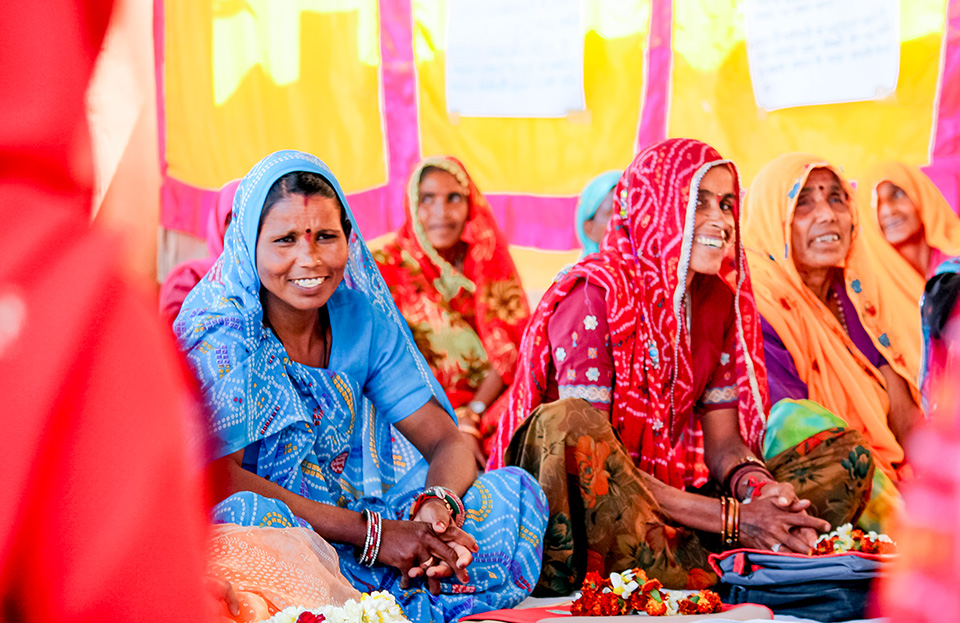Harshita’s Blog
Lack of women in the workplace hurts everyone:
How can businesses in India help?
Date: Tuesday, January 7, 2020
Author: Harshita Mishra

Achieving gender equality in the workplace will benefit everyone, but it’s not going to happen unless we take a series of concrete steps to disrupt the old-fashioned attitudes, gender stereotypes and traditional work settings that hinder women from pursuing and progressing in their careers. Businesses have to be willing to go the extra mile if the situation is to be improved.
It has long been established that when businesses invest in women, it is a win-win situation for all. More women means better business. Diversity multiplies profits, decision-making abilities, creativity, happiness levels -- the list of tangible benefits goes on.
Currently, less than 30 per cent of Indian women participate in the workforce, compared to almost 80 per cent of men, says UN India Business Forum. India has the potential to add USD 770 billion to its GDP by 2025 by raising women’s participation, according to a McKinsey & Company report. These figures are too startling to ignore.
Women are missing from India’s workforce not because they are incompetent or incapable, but because several cultural and economic barriers hold them back. For example, women are commonly expected to give priority to family and housework over careers, particularly when they get married. Some are even expected to abandon their careers altogether if their husbands are well-to-do. Gender stereotypes like these create blind spots and subconscious biases. It is crucial to challenge these stereotypes so that they do not hurt women’s careers.
Businesses in India must take responsibility to reduce, if not wipe out, the gender gap in the workplace. They must make deliberate, structural changes in the way they function.
Here are three practices they can consider adopting:
First, do not stop looking for female candidates for a job even if they are not as visible at first. Aim to achieve an equal gender divide at all levels and across all functions of the workplace.
Second, encourage and support men to become advocates for gender equality. Help them become aware of and sensitive to gender issues and challenges, so they can bring sweeping changes not just in the workplace but also in their homes and in society as a whole.
Lastly, promote an inclusive and diverse culture where people of all genders feel safe and are seen, heard and valued. A culture that not only cares about diversity on paper but actually embraces it.
For India to really advance, top management teams must urgently huddle and make gender equality a business strategy. They must methodically collect data and learn about imbalances, so they can identify weaknesses, set goals and measure the level of success in meeting those goals.
Will these steps be sufficient to make gender equality in the workplace a reality? Unlikely. However, they are critical in building a much-needed momentum for change, and in following through on the commitments of the Beijing Declaration and Platform for Action. Women in India and around the world encounter so many roadblocks in their careers. They are tussling for equal rights and opportunities. If businesses pledge to level the playing field for women, they can change the landscape. It is 2020 and there is work to be done.

Harshita Mishra 22, is a lawyer-in-training at Shardul Amarchand Mangaldas law firm in Bengaluru, the capital of Karnataka State in southern India. She is interested in women’s issues, sustainable development and legal technology.
Harshita’s social media accounts::
Twitter: https://twitter.com/hmishra_
LinkedIn: https://www.linkedin.com/in/harshita-mishra-995033ba